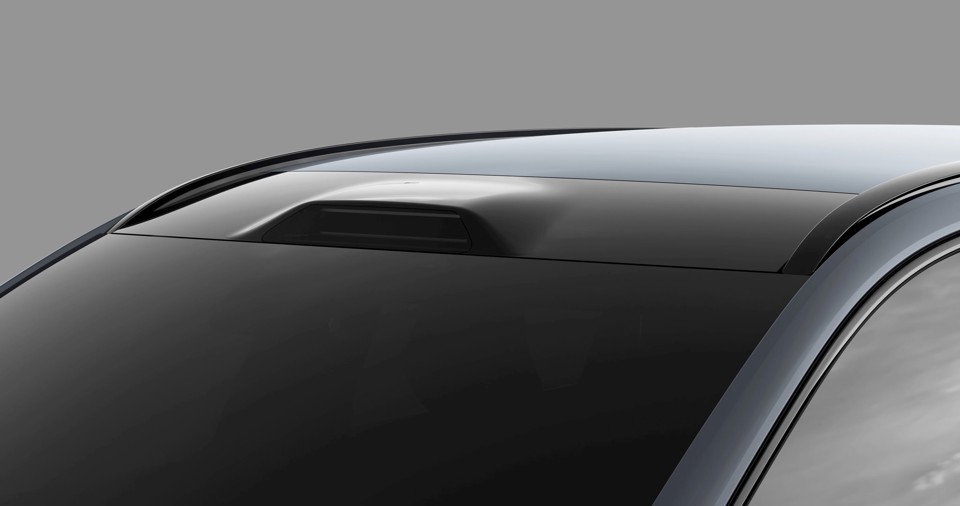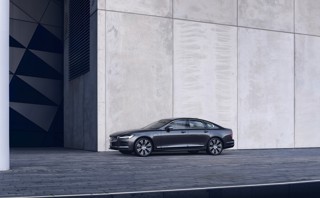Volvo will equip the next-generation XC90 with an advanced LiDAR sensor, making it capable of “eyes-off” self-driving.
It could be among the first vehicles to go on sale offering Level 4 autonomous driving - meaning the driver does not need to pay attention for at least part of the journey, unlike existing systems such as Tesla’s Autopilot.
The first vehicles are expected to start production in 2022, featuring an advanced sensor from Luminar.
Other car makers have avoided LiDAR due to excessive cost, but Luminar, which received investment from Volvo in 2018, has managed to reduce the cost significantly.
Volvo says the partnership will deliver its first fully self-driving technology for highways and paves the way for future active safety developments.
Models built on the brand’s SPA 2 modular vehicle architecture will be available as ‘hardware-ready’ for autonomous drive from production start in 2022, with the Luminar LiDAR seamlessly integrated into the roof.
These vehicles will be updated with software over the air and if customers decide to opt for it, the Highway Pilot feature that enables fully autonomous highway driving will be activated once it is verified to be safe for individual geographic locations and conditions.
“Autonomous drive has the potential to be one of the most lifesaving technologies in history, if introduced responsibly and safely,” said Henrik Green, chief technology officer at Volvo Cars.
“Providing our future cars with the vision they require to make safe decisions is an important step in that direction.”
In addition to the Highway Pilot feature, Volvo Cars and Luminar are also exploring LiDAR’s role in improving future advanced driver assistance systems (ADAS), with the potential for equipping all future SPA2-based cars with a LiDAR sensor as standard.
Luminar’s technology is based on its high performance LiDAR sensors, which emit millions of pulses of laser light to accurately detect where objects are by scanning the environment in 3D, creating a temporary, real-time map without requiring internet connectivity.
LiDAR is key in creating cars that can navigate safely in autonomous mode, providing them with the reliable vision and perception that cameras and radar alone cannot provide. LiDAR is the ideal basis for safe decision-making in complex environments at high speeds.
To enable the Highway Pilot feature, Luminar’s perception technology will be combined with autonomous drive software and the cameras, radars and back-up systems for functions such as steering, braking and battery power installed on forthcoming Volvo cars equipped for self-driving. Put together, this gives Volvo users who want it access to a safe, fully self-driving feature for use on highways.




















Login to comment
Comments
No comments have been made yet.